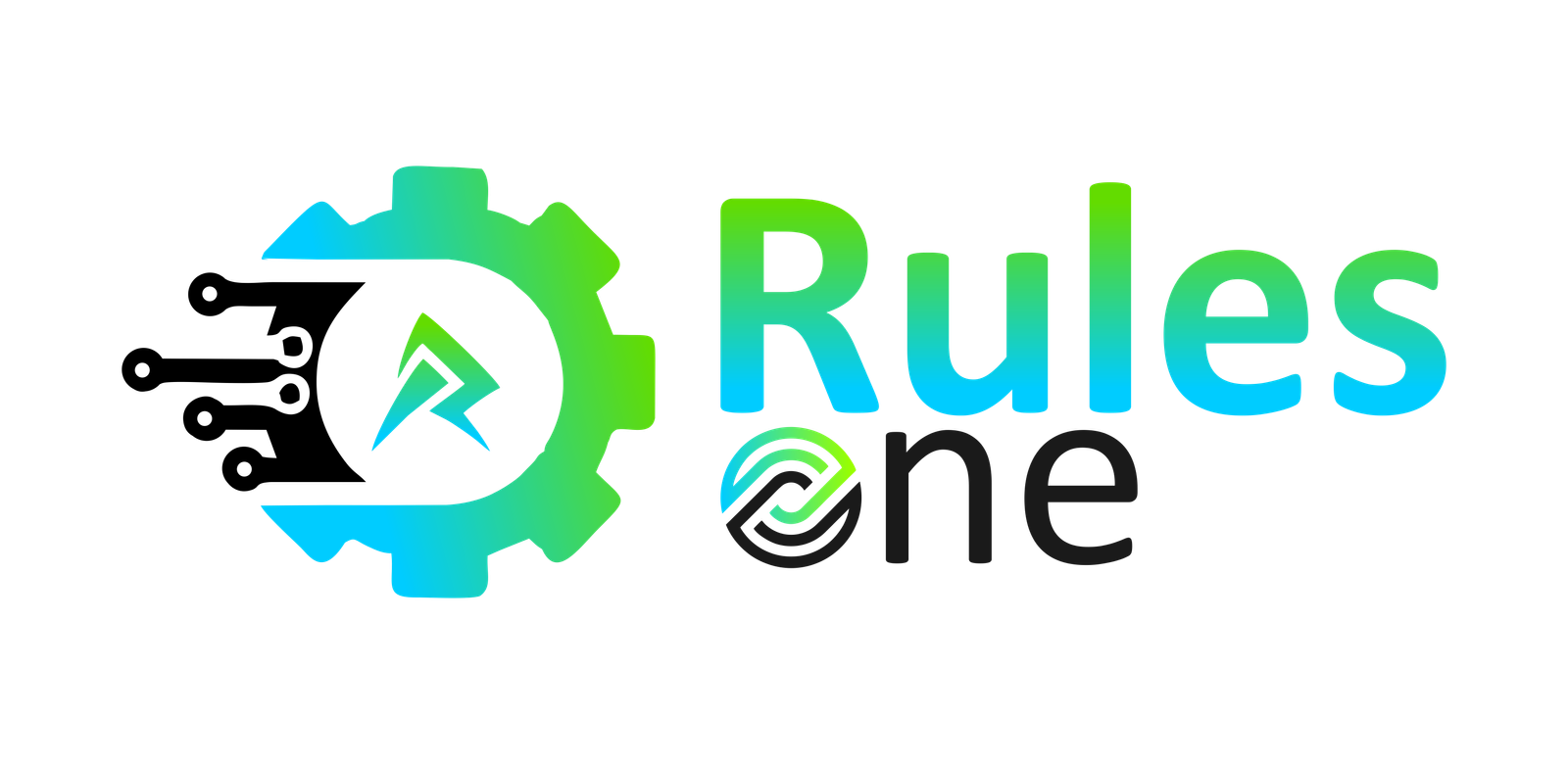What Is Educational Technology?

Educational technology, also referred to as EdTech, is the application of technology to enhance teaching, learning, and educational processes. Many different tools, techniques, and technologies are available for academic learning. By incorporating technology into many areas of the learning process, EdTech seeks to increase the efficacy and efficiency of education.
Evolution of Educational Technology
EdTech has witnessed a significant evolution over the years. The field has continuously embraced new advancements, from traditional tools like blackboards and textbooks to modern digital resources. Initially, EdTech focused on audiovisual aids, such as projectors and educational films. When computers and the internet emerged, educational technology expanded to include multimedia presentations, interactive software, and online learning platforms. Today, it encompasses innovative technologies like virtual and augmented reality, artificial intelligence, and personalized learning systems.
Role of Educational Technology in Learning
EdTech plays a crucial role in transforming the learning landscape. It empowers educators with tools to engage students, facilitate personalized instruction, and create immersive learning experiences. Through technology integration, educators can deliver content in interactive and dynamic ways, catering to diverse learning styles and preferences. Educational Technology also equips learners with essential digital skills and prepares them for the demands of the modern world.
Benefits of EdTech
The utilization of EdTech offers several benefits to learners and educators alike:
Enhanced Engagement: EdTech captivates learners’ attention by incorporating multimedia elements, interactive activities, and gamified experiences. This increased engagement fosters motivation, active participation, and a deeper understanding of the subject matter.
Personalized Learning: EdTech enables adaptive and personalized learning experiences. Through intelligent algorithms and data analytics, it can assess learners’ strengths and weaknesses, tailor instructional materials, and provide targeted feedback. This personalization enhances learning outcomes and supports individual progress.
Access to Information: EdTech provides vast information and educational resources. Learners can explore diverse perspectives, research, and access up-to-date content anywhere. This accessibility promotes independent learning and empowers learners to take ownership of their education.
Collaboration and Communication: EdTech facilitates collaboration and communication among learners, educators, and peers. Online platforms, discussion forums, and collaborative tools enable seamless interaction, idea sharing, and group projects. This collaborative environment enhances social learning, critical thinking, and teamwork skills.
Types of EdTech
Many platforms and technologies for education are utilized in educational environments, including:
Systems for managing learning: Web-based learning management systems (LMS) offer a single location for organizing and distributing instructional content. LMSs enable educators to create courses, track progress, manage assessments, and facilitate learner communication.
Online Learning Platforms: Online learning platforms offer various courses and educational resources for learners of all ages. These platforms provide interactive lessons, videos, quizzes, and assignments, allowing learners to access quality education remotely.
Educational Apps and Software: Educational apps and software are designed to support specific learning objectives and provide interactive learning experiences. They cover various subjects and offer engaging activities, simulations, and educational games that promote knowledge acquisition and skill development.
Virtual and Augmented Reality: These technologies create immersive learning environments that enhance understanding and engagement. Virtual reality enables learners to explore virtual worlds and simulations, while augmented reality overlays digital content onto the real-world environment, offering interactive and contextual learning experiences.
Challenges and Limitations of EdTech
While EdTech offers numerous benefits, it also faces specific challenges and limitations:
Access and Equity: The availability and accessibility of educational technology tools and resources may vary, creating a disparity in digital literacy between those who have access to technology and those who don’t without access. Ensuring equal access for all learners remains a challenge.
Technological Barriers: Integrating EdTech requires infrastructure, hardware, and technical support. Schools and educational institutions need to invest in technology and provide training to educators to overcome technological barriers effectively.
Pedagogical Design: Effective educational technology integration requires careful consideration of pedagogical design. Educators must align technology use with educational goals and instructional strategies to ensure meaningful learning experiences.
Future Trends and Innovations
The following developments and trends may be anticipated in the future because EdTech is a field that is constantly evolving:
AI and machine learning will be essential for educational technology. These technologies will enable personalized knowledge, adaptive assessments, intelligent tutoring systems, and data-driven insights for educators.
Mobile Learning: Considering how common smartphones and tablets are, mobile learning will continue to grow. Mobile apps and platforms will offer anytime, anywhere learning opportunities and cater to the needs of on-the-go learners.
Data Analytics and Learning Analytics: Data analytics will expand to provide insights into learner performance, preferences, and progress. Learning analytics will help educators make informed decisions, optimize instructional strategies, and identify areas for improvement.
Conclusion
The use of EdTech has changed how we teach and learn. Enhancing participation, customizing learning experiences, and facilitating access to knowledge and resources are all benefits of integrating technology into education. However, access, technological barriers, and pedagogical design challenges must be addressed. The future of educational technology holds promising advancements in areas such as artificial intelligence, mobile learning, and data analytics, paving the way for a more inclusive and effective education system.








